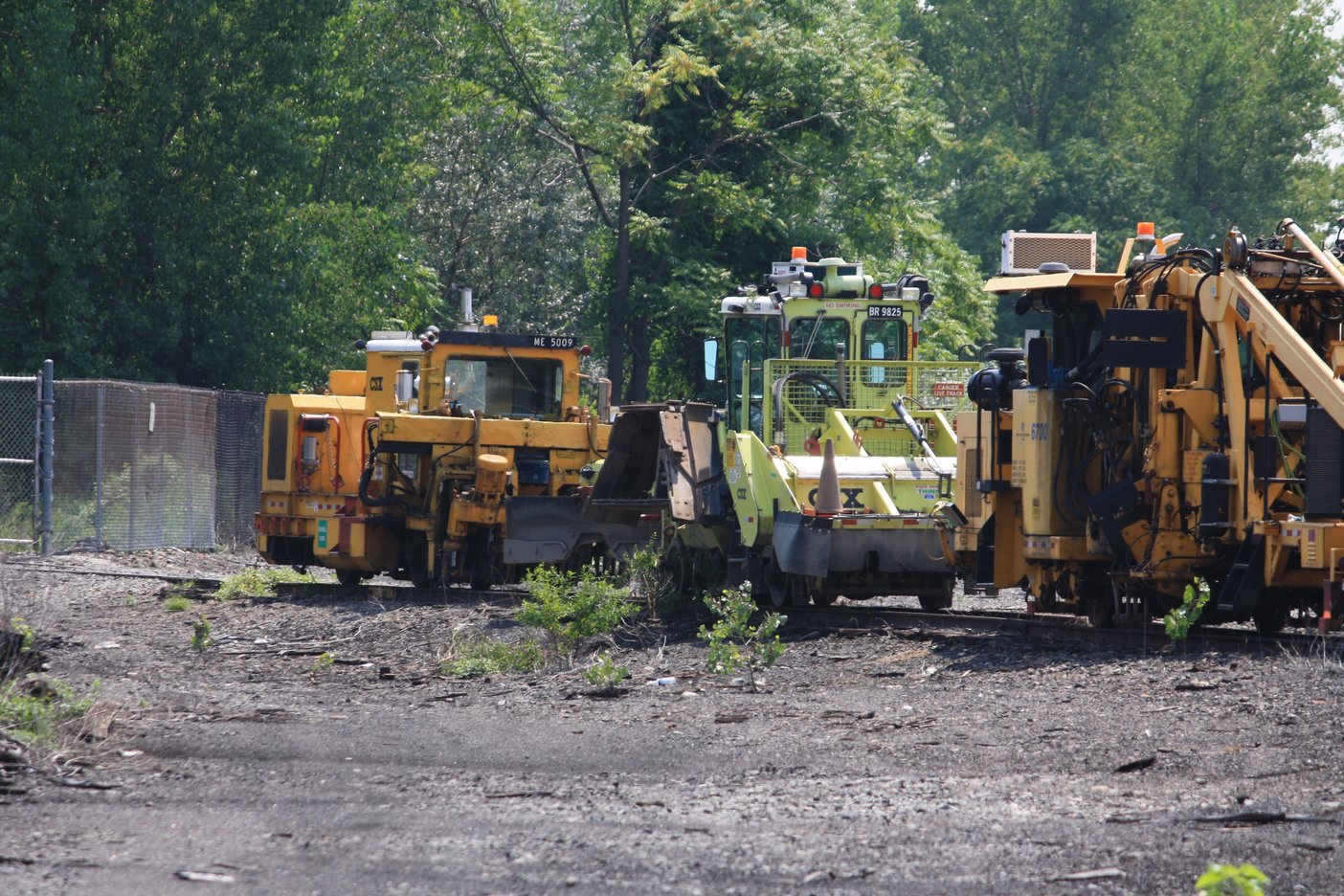
How do I calculate the value of my case? How much is my back injury worth? How much can I get for my knee injury?
They're all valid questions I get from railroad workers who get hurt on the job. Unfortunately there isn't one answer. Every injury, every worker, every situation is different. From the severity of your injury to your degree of fault, there are a thousand of variables that will impact the value of your case.
There are some basic factors though that a lawyer would use to determine value in your case, which I'll discuss here.
Note: I have guys tell me all the time they know how much their knee replacement or their finger injury is worth. I can tell you that they're always wrong. Probably for the same reason I was wrong when I estimated the cost of my kitchen remodel - It's not my business. Let a professional sort it out for you.
Back to the factors that impact how much your case is worth. When I meet a client here are some of the factors I take note of:
- Lost wages (straight and overtime) Find out your wage loss here.
- Out of pocket expenses, if any
- Severity of the injury (Surgery? How many? Hardware? More surgery likely?)
- Age (Do you have a long life and career ahead of you?)
- Effect of injury on future ability to earn?
After I nail down these basics I ask a series of questions about the context of the injury. Use these to spark your mind in your own situation:
- What is the railroad's negligence, that is, what did they do wrong?
- How much responsibility, if any, is on you?
- How did the railroad’s negligence lead to the injury?
Then there is a series of questions I'll investigate on a prospective client's behalf. Here's the point where you as a railroad worker will need a FELA trial lawyer to guide you.
(Emphasis on FELA and trial. If you go with your wife's cousin, the attorney who practices personal injury litigation, he won't be able to easily and accurately answer these as they require a careful understanding of FELA, which you are under, and a depth of experience actually trying and winning cases in court. One good test is to ask said lawyer how much he thinks you'll get through Workers' Comp. Ok, so that's a trick question. And here's the answer.)
Now, here are the questions I would explore:
- What is the absolute most that a jury could reasonably award you in a verdict?
- What is the reasonable range that you can expect at trial?
- What is a good final number for settlement?
- What is a good opening number to start negotiations?
- How will you know if you are being treated fairly?
Only after I answer these to my satisfaction do I turn to a prospective client do I make a judgement on whether it's an injury worth suing your railroad over. I'll never tell a client exactly what they'll get.
I know you're still wondering exactly how much you can get for your injury. I'm sorry there is no easy answer.
I can tell you from own work I've had some big verdicts like:
- $2.9 million verdict for Amtrak worker sideswiped by train
- $3 million verdict for hand injury and future wage loss. Asst. Signalman v. LIRR
- $3.75 million verdict for eye injury. Track Worker v. PATH
And I've had some settlements that varied widely because of some of the factors mentioned in this post.
Here are some examples of different injury settlements:
- Leg injury settled for $15,000
- Finger injury settled for $900,000.
- Hernia settled for $25,000
- Hearing loss settled for $75,000
- knee injury settled for $375,000
- Back injury settled for $2.4 million
- Neck injury settled for $1.5 million
But these will mean nothing to your case which has its own variables and context. It's the reason lawyers are required to say: Prior results are never a guarantee of future success.
From talking to coworkers you may have made assumptions about the value of your injury that grossly under or over estimate it. The point is, your question is valid, but it needs to be put in perspective by a FELA lawyer. Don't rely on the information from your buddies' experiences because every case is different.
The first step to evaluating any injury case is determining lost wages. Find out yours in this free download.









